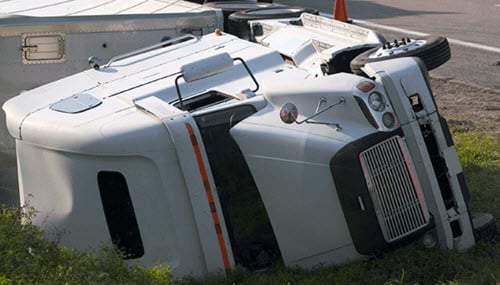Blog
Subscribe to Updates
Posts by Topic
- Aging Workforce (1)
- Analytics (1)
- Auto Liability (32)
- Blog (315)
- Bonds (5)
- Business Analytics (1)
- Captives (10)
- Cargo Theft (1)
- Catastrophic Claims (1)
- Claims (13)
- Claims Management (7)
- Claims/Managed Care (26)
- Client Services (1)
- Commercial Bonds (13)
- Commercial Insurance (86)
- Company Information (3)
- Construction (30)
- Contract Bonds (31)
- Contract Underwriting (13)
- Contractors (2)
- Contracts (9)
- Corporate Crime (1)
- COVID-19 (10)
- Crash Prevention (3)
- Culture (19)
- Cyber Security (1)
- Data Analytics (3)
- Diversity (1)
- Driver Retention (6)
- Driver Safety (61)
- Driving Hazards (32)
- Driving Tips (7)
- Drug & Alcohol Testing (1)
- Education (2)
- Electrical Safety (1)
- Employee Engagement (2)
- Employee Retention (1)
- Employee Safety (26)
- Employee Theft (1)
- Employee Training (1)
- Employee Wellness (3)
- Equipment Theft (1)
- Fastbonds (1)
- Fidelity Bonds (4)
- Fidelity Claims (2)
- Fleet Management (2)
- Food (1)
- Forestry (4)
- Forestry Transportation (2)
- Fronting (2)
- General Contractors (1)
- General Liability (9)
- Health & Wellness (24)
- Healthcare (2)
- Healthy Living (2)
- Hiring (1)
- Holistic Approach (1)
- Home Warranty/Household (51)
- Industry Conferences (1)
- Leadership (10)
- License & Permit Bonds (2)
- Lifestyle (2)
- Logging (5)
- Loss Control (100)
- Loss Exposure (1)
- Notary (1)
- Occupational Exposures (2)
- Oil & Gas (5)
- OSHA (3)
- P3 Projects (1)
- Pharmacy (1)
- Philanthrophy (1)
- Physical Damage (1)
- Premium Audit (1)
- Product Liability (1)
- Property (2)
- Public Entity (2)
- Real Estate (30)
- Real Estate Marketing (4)
- Real Estate Technology (2)
- Real Estate Tips (4)
- Regulatory Compliance (7)
- Regulatory Updates (1)
- Risk Management (245)
- Safety (48)
- Safety Culture (8)
- Safety Inspections (3)
- Sales & Marketing (1)
- Seasonal (2)
- Seasonal Driving Hazards (3)
- Slips & Falls (1)
- Surety Bonds (13)
- Surety Claims (10)
- Surety Rates (1)
- Technology (2)
- Third-Party Administration (25)
- TPA (5)
- Trucking/Transportation (212)
- Videos (1)
- Vlog (3)
- Weather (9)
- Workers' Compensation (129)
- Workplace Hazards (17)
- Workplace Safety (55)




